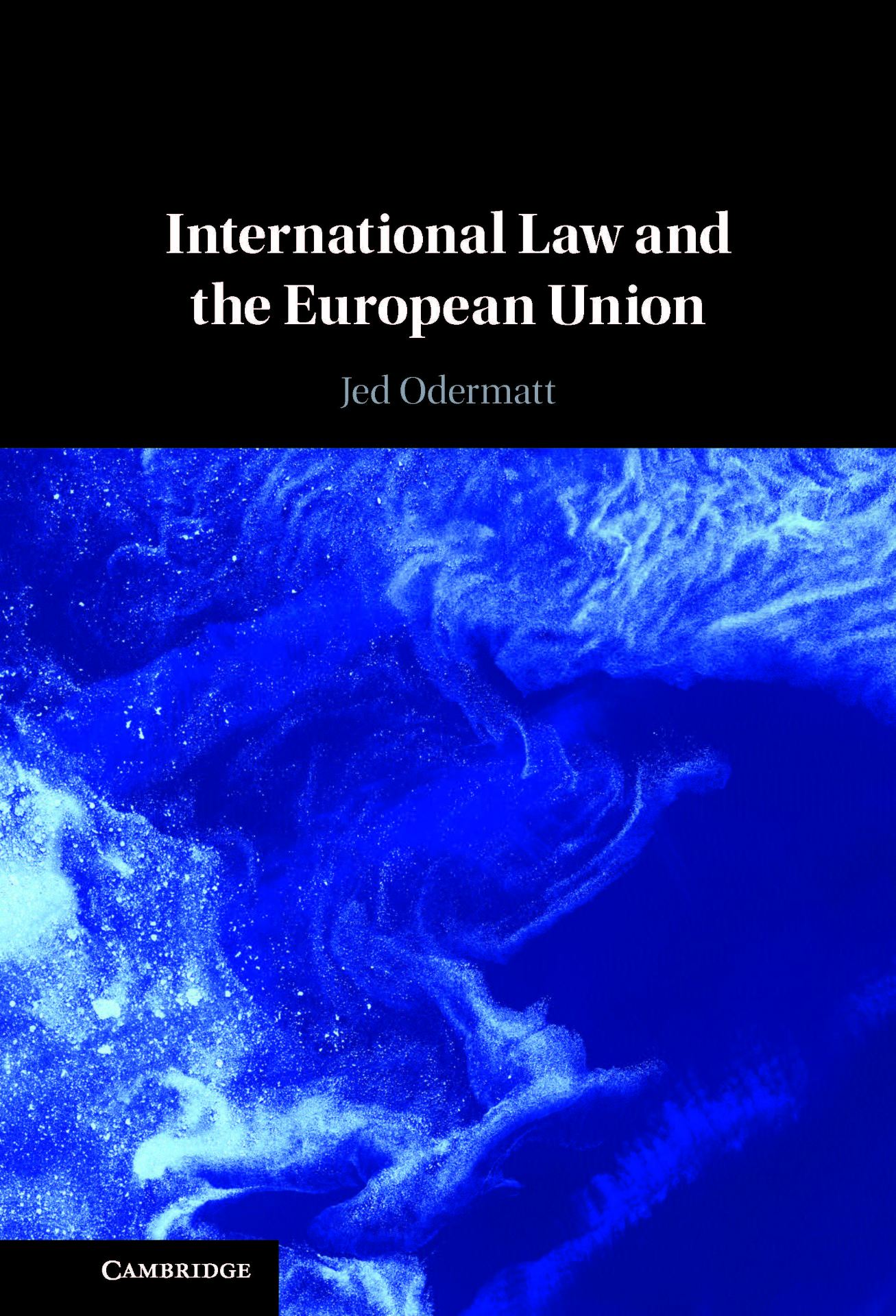Three academics from The City Law School – Elaine Fahey, Panos Koutrakos and Jed Odermatt – have contributed to a new edited volume The EU and its Member States’ Joint Participation in International Agreements (Hart 2022). The volume is based on contributions presented at a workshop held at the University of Geneva in November 2020.
 EU law has developed a unique and complex system under which the Union and its Member States can both act under international law, separately, jointly or in parallel. International law was not set up to deal with such complex and hybrid arrangements, which raise questions under both international and EU law. Thie book assesses how EU law has been adapted to cope with the constraints of international law in situations in which the EU and its Member States act jointly in relations with other States and international organisations. Each chapter was jointly written by a team of two authors. The various contributions offer new insights into the tension that continues to exist between EU and international law obligations in relation to the (joint) participation of the EU and its Member States in international agreements.
EU law has developed a unique and complex system under which the Union and its Member States can both act under international law, separately, jointly or in parallel. International law was not set up to deal with such complex and hybrid arrangements, which raise questions under both international and EU law. Thie book assesses how EU law has been adapted to cope with the constraints of international law in situations in which the EU and its Member States act jointly in relations with other States and international organisations. Each chapter was jointly written by a team of two authors. The various contributions offer new insights into the tension that continues to exist between EU and international law obligations in relation to the (joint) participation of the EU and its Member States in international agreements.

